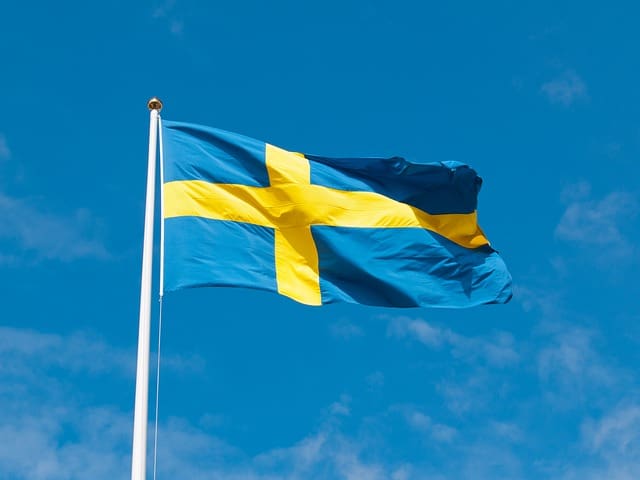Global Gaming loses Ninja Casino’s latest Swedish licence appeal

Global Gaming has fallen short in its latest attempt to bring its flagship brand, Ninja Casino, back to the Swedish iGaming market.
SafeEnt Ltd, a subsidiary of the operator, had previously its licence revoked by Spelinspektoren – the country’s gambling regulator. SafeEnt had been operating Ninja Casino.
Because of this suspension, affiliates with Swedish traffic were affected.
Multiple rejections
The initial decision was made under the belief that the website failed to both maintain adequate player protection procedures. Spelinspektoren also argued that sufficient anti-money laundering practices weren’t further implemented.
Global Gaming disagreed with the verdict and appealed, but Linköping’s regional administrative court ruled the judgement to be fair.
Afterwards, the case was taken to the country’s Supreme Court. Global Gaming believed that SafeEnt should be given a ‘temporary relief from the imposed suspension’. Once more, the judges disagreed.
Then, the appeal was escalated further to the Sweden’s third legal hierarchy level: the Supreme Administrative Court. Yet again, the law didn’t side with them.
Tobias Fagerlund, CEO of Global Gaming, said that the company was “disappointed” about the latest result. He also mentioned that he was “now examining the situation in detail, and I assume that we’ll appeal this decision to the Administrative Court of Appeal.”
Problems in the Swedish market
Sweden’s Q3 2019 gambling revenue was its lowest figure since the market re-regulated in January, totalling 3.35 billion Swedish Krona ($344.8 million). Some people in the country have linked this to Spelinspektoren’s rule enforcement approach. General Secretary for the Swedish Trade Association for Online Gambling, Gustaf Hoffstedt, accused the government of “currently acting as the best friend of the black and grey market”.
Meanwhile, Kindred Group’s CEO Henrik Tjärnström argued that B2B partners should also need to obtain licences here. He believed it would then become easier to “cull unlicensed operators”, who currently make up between 13 and 15% of Sweden’s iGaming market.






